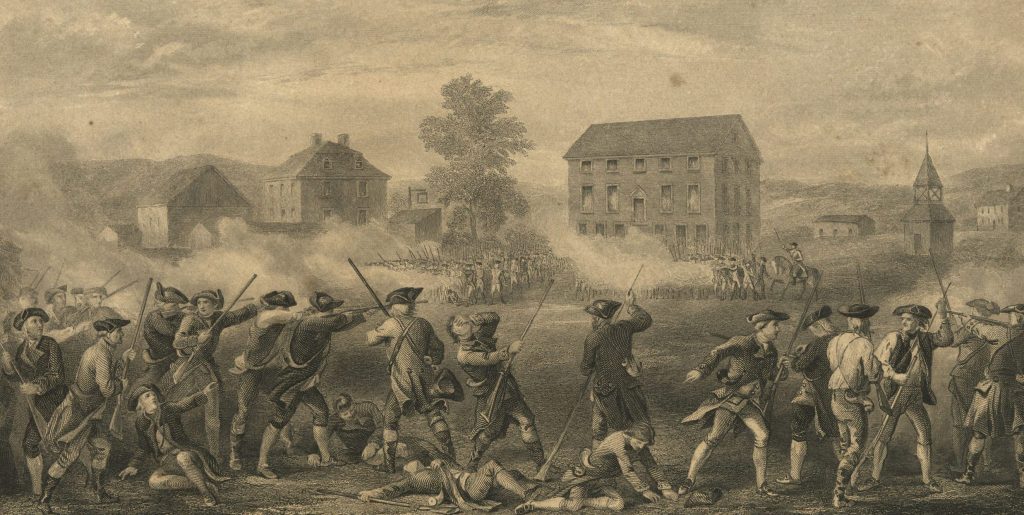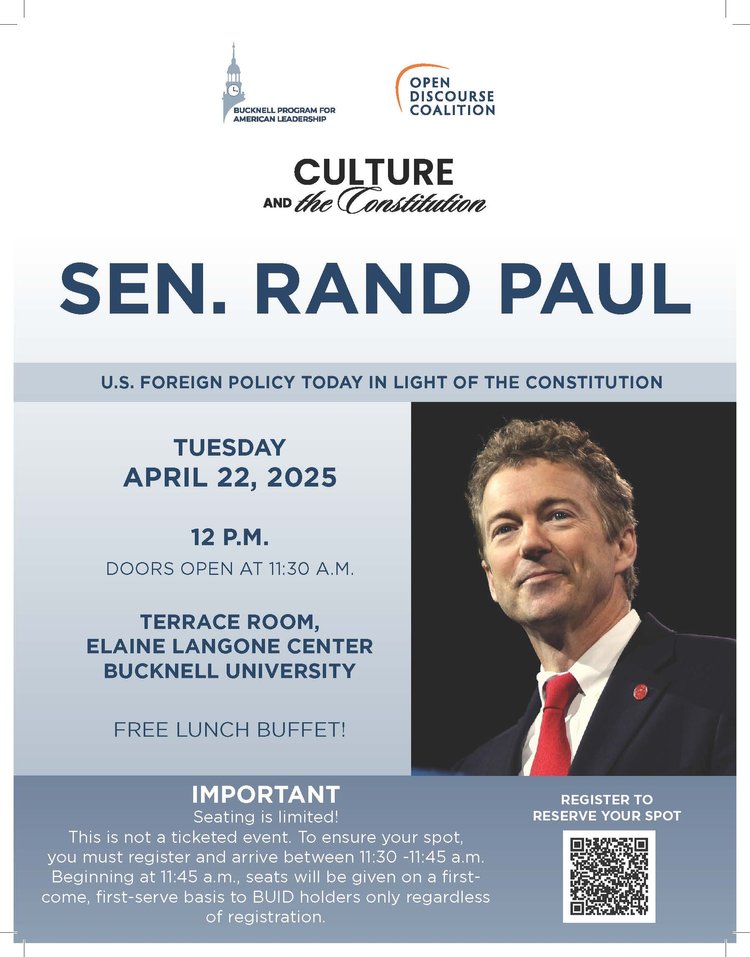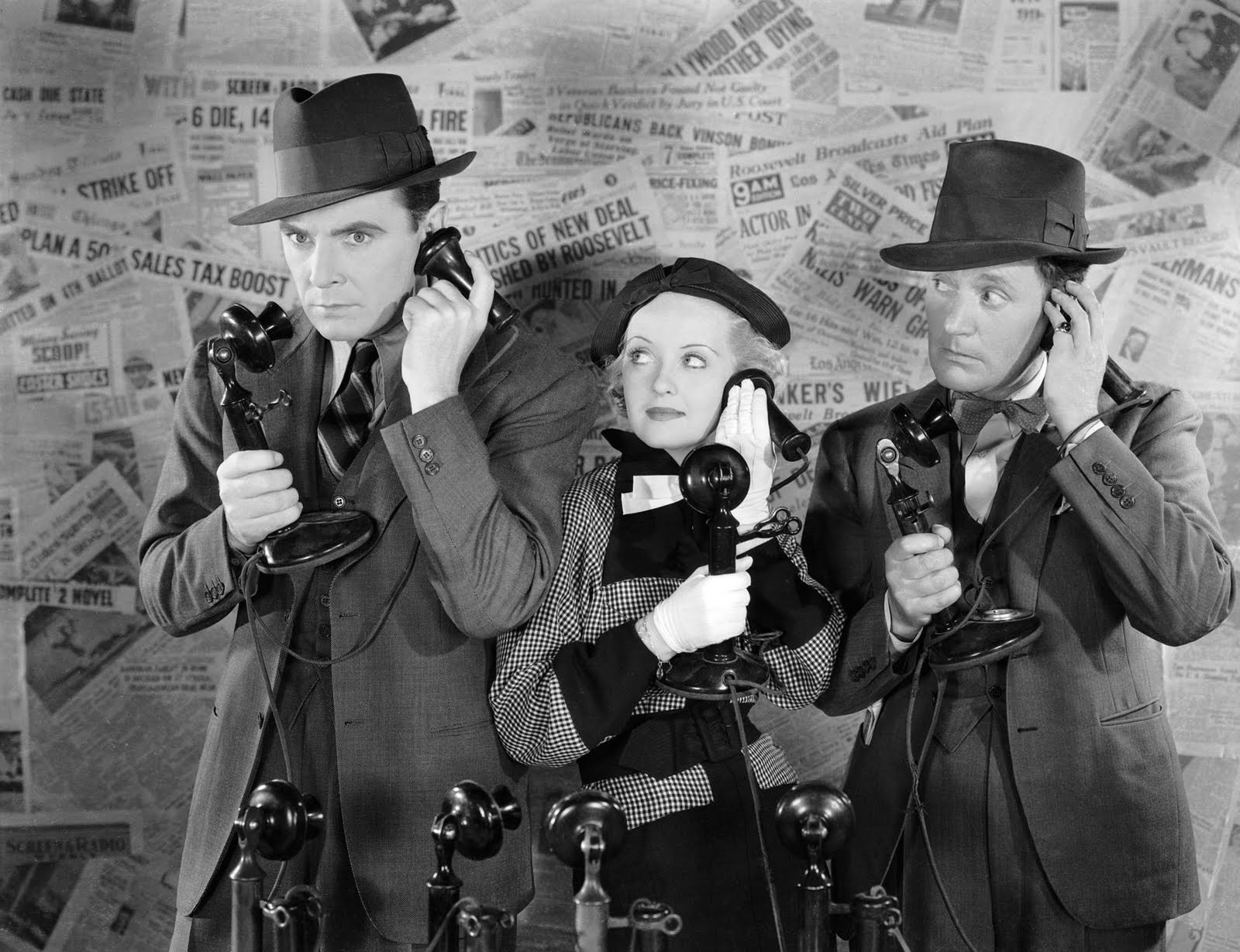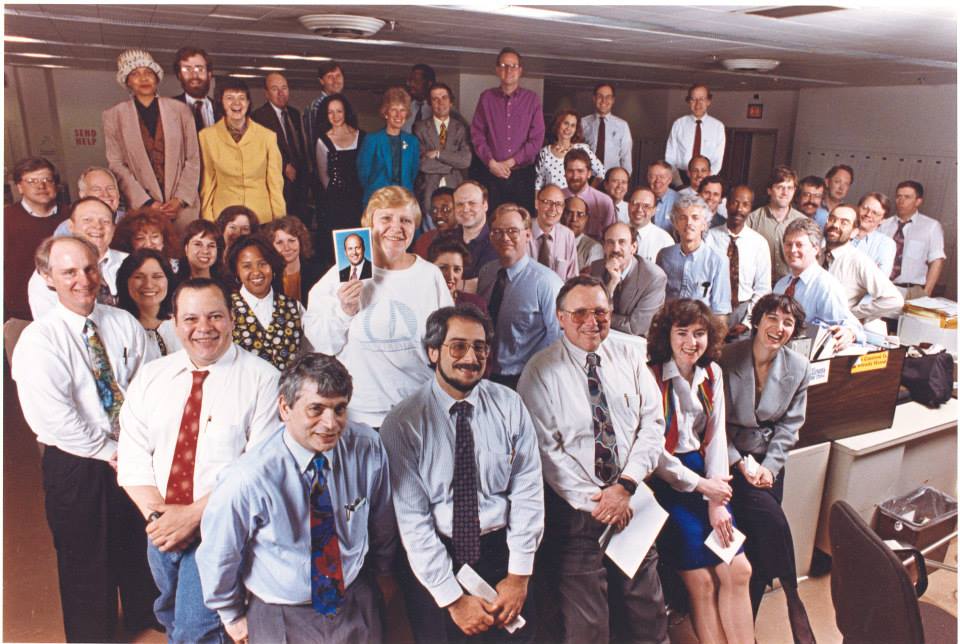AMERICA AT TWO-HUNDRED FIFTY.
Learn more about the American story: A liberal-arts approach to our Semiquincentennial.
Quarter-credit courses for fall 2025 and spring 2026
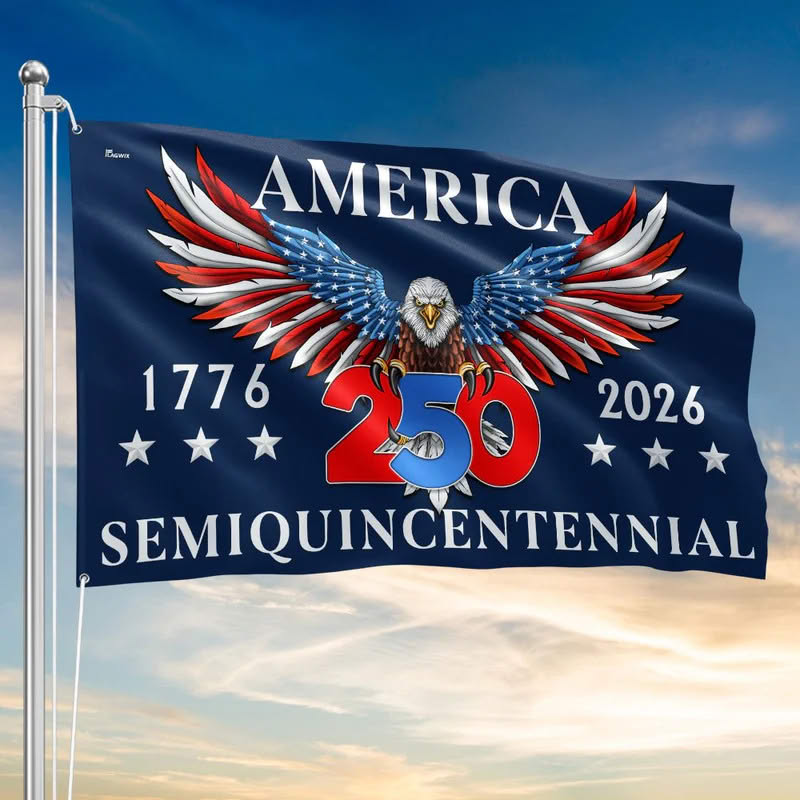
Participate at Bucknell in our country’s 250th anniversary by exploration of rhetorical, historical, and philosophical aspects of the semi-quincentennial year of America that has just begun. Stand-alone or in-sequence, take one for quarter credit, or both across the year for half credit.
UNIV 119 (Fall) America at 250: Telling the Story.
We’ll look at narrative history of the American Revolution (with Rick Atkinson’s recent volumes as principal texts) as a type of story-telling, and consider how it frames and shapes ideas about America today, while considering contentious issues and writing challenges as contexts.
UNIV 119 (Spring) America at 250: The Founding Documents as Literature.
We’ll read and discuss the Declaration of Independence, the Constitution, selections from the Federalist and Anti-Federalist papers, and the Gettysburg Address, as a kind of literature that has helped shape national narratives, and poetics that helped shape a myth (inspirational or flawed) of America.
Work will be based mainly on reading and participation in 40-minute weekly meetings. Whether you have pre-law or political/policy/historical/philosophical/literary interests, or just want to engage in learning more about America with fellow Bucknellians, come join our exploration!
Your instructor Rev. Prof. Paul Siewers holds a Ph.D. in English, and a B.A. and M.A. in History. As an undergraduate, he majored in U.S. history at Brown with eminent early American scholar Prof. Gordon Wood as an instructor. He has worked as an urban journalist covering current issues of the American experience. In diverse American fashion, while Bucknell’s Russian Orthodox chaplain and priest, he is also an Associate Professor of English and a direct descendant of one of the New Englanders who fought at the Battle of Lexington in 1775.
Thanks to generous Bucknell alumni of the Open Discourse Coalition, textbooks will be donated to enrolled students, and snacks will be supplied for discussions.
